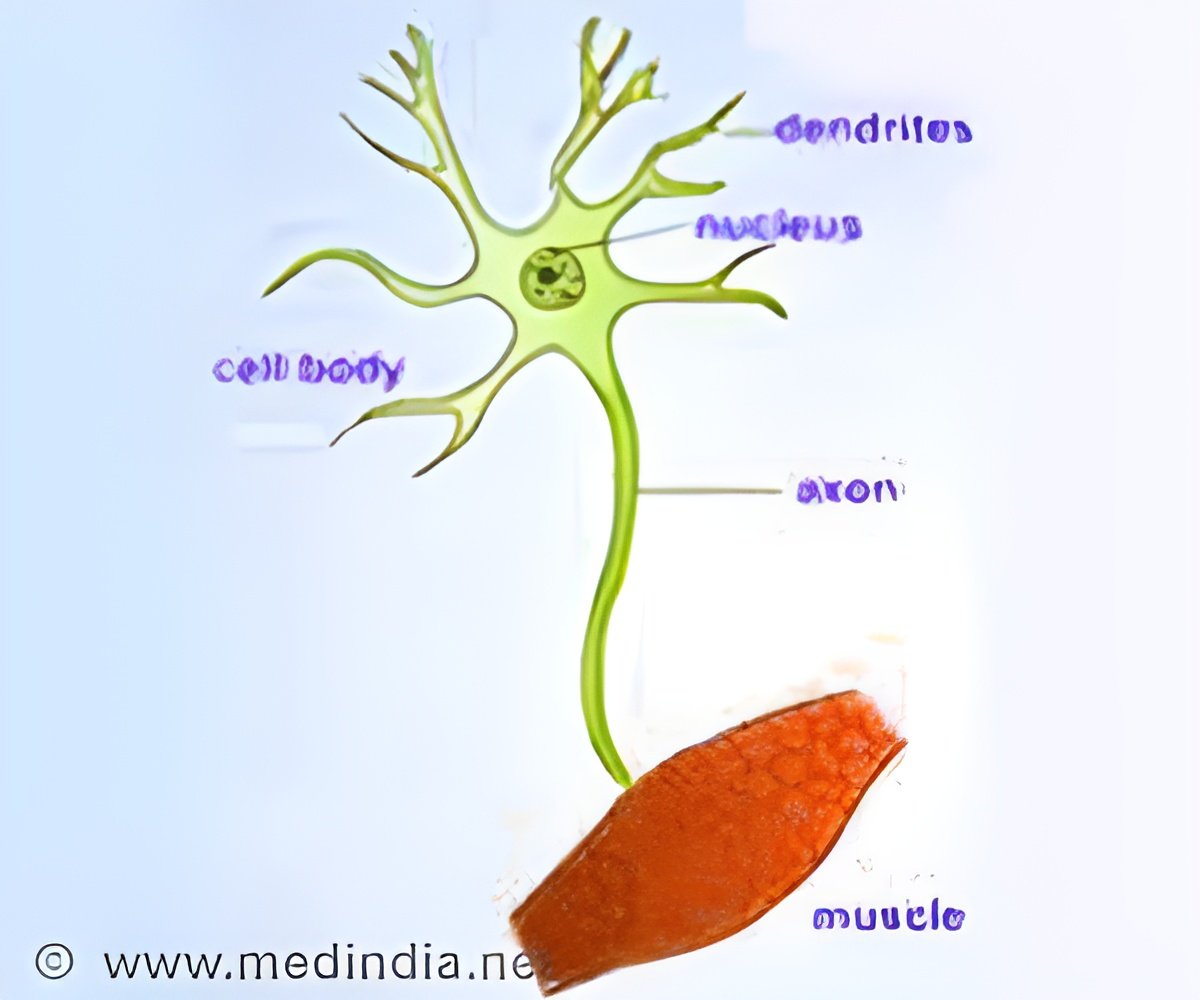
"This discovery opens the possibility of a completely new way of combating cardiovascular disease", says Jens Mittag, group leader at the Department of Cell and Molecular Biology at Karolinska Institutet, Sweden, who led the study.
"If we learn how to control these neurons, we will be able to treat certain cardiovascular problems like hypertension through the brain," adds Mittag, the Journal of Clinical Investigation reports.
These nerve cells, called neurons, develop in the brain with the aid of thyroid hormone, produced in the thyroid gland, according to a Karolinska statement.
Patients in whom the function of the thyroid gland is disturbed and who, therefore, produce too much or too little thyroid hormone, thus risk developing problems with these nerve cells. This, in turn, has an effect on the function of the heart, leading to cardiovascular disease.
It is well-known that patients with untreated hyperthyroidism (too high a production of thyroid hormone) or hypothyroidism (too low production) often develop heart problems.
Advertisement
This is, however, still far in the future. A more immediate conclusion is that it is of utmost importance to identify and treat pregnant women with hypothyroidism, since their low level of thyroid hormone may harm the production of these neurons in the foetus, and this may in the long run cause cardiovascular disorders in the offspring.
Advertisement















